
Transcription
THE INSIDIOUSNESS OF IT ALL
By: Michael Skinner
"There are two ways to be fooled, one is to believe what isn't true; the other is to refuse to believe what is true."
Soren Kierkegaard
As the debate rages on about the compassionate release, there is another aspect that I wish to shed some light on. The mental torture of the men whom are isolated away from all family and friends as they lay down, slowly and painfully in the "skilled nursing facility". I was recently back there for a medical appointment at Shirley Medium prison. During that time I was back there I attempted to go and see one of my close friends. An astute correctional officer stopped me saying it was against the rules to visit sick patients.
"You mean sick friends?"
"Yea, yea, them too", he astutely responded.
"So, in other words, my friend is being punished for being sick with a brain tumor?"
"I ain't punishing nobody", he huffed and puffed.
"Sure you are."
[Alienation is a form of living death. It is the acid of despair that dissolves society. Martin Luther King Jr.]
Name me another hospital on the planet that doesn't allow family and friends to visit them when they need them the most? My prudent jailer had no answer, nor did any other staff member I encounter that day. How could they? It's an idiotic rule made up by mindless louts to keep us away from those who need us the most. I fear that the consequences of such foolishness will be devastating to the men back there and have long term effects on them both physically and mentally.
According to the American Medical Association there are two types of isolation for patients. The first is described as a way "to prevent the spread of diseased organisms from hospitalized patients to hospital staff, visitor, and other patients." The second is called "protective isolation". The AMA states this type of isolation seeks to protect hospitalized patients from exposure to contamination or infectious agents. Anyone who has contact with these patients must wear a gown to cover street clothing, a mask to cover the nose and mouth, and gloves to cover the hands... in rare cases, a patient may have to be isolated in a specially constructed sterile room or bubble. If only the good people of the AMA could take a tour of our "sterile rooms" in the back of the "skilled nursing facility" and see first hand that our terminally ill patients are, in fact, being isolated as in solitary confinement for neither of the reasons they listed or adhere to. No, the men here at Shirley medium are confined in five man wards with three exceptions for the "bubble rooms". Cancer patients are housed with dementia patients in ALL OF THE WARDS. Locked in for close to 20 hours a day, only coming out of their cells for showers and medication.
Anyone else here think that it might be unhealthy for a man with brain cancer to be confined in a ward with at least two men who are in the latter stages of dementia. The effect that it must have on this man's mental health and the correlation that it has to physical health and well being? Let's call it what it is - mental torture! Cruel and unusual punishment! A living nightmare!
[Cruelty thrives on what is perceived and what it perceives as weakness.]
Shall we review the cumulative effect of the following?
- Unsanitary conditions
- Housed in solitary confinement cells and conditions
- Confined and housed with mentally unstable patients
- No contact or interaction with friends
- Limited visitation with family
- Isolated from the world and left to suffer and die alone
Not long ago a group of researchers reviewed what has become the sizable medical literature on the effects of isolation cells. They found that every study on long-term solitary - three months or more - revealed "serious psychiatric symptoms on inmates". Researcher and psychiatrist Terry Kupers is one of a small number of experts on the psychological impact of solitary confinement. He has interviewed nearly a thousand inmates in super-max like conditions. "I've never found ANYONE who's not damaged by the experience." 1
To stay healthy the mind has to do what it evolved to do; constantly perceive, interpret, and react to a stream of social and environmental stimuli. Cutting it off entirely is mental torpor: Almost everything the brain is designed to process has vanished. After a few days in solitary the EEG readings of prisoners predictably shift, in the words of one researcher "toward an abnormal pattern of stupor and delirium" - the semi-fatuous state condemned by the U.S. Supreme Court in 1890. According to researchers who have studied people held in solitary such recurrent disorder thinking constitutes a form of trauma. Repeated trauma lastingly alters the brain. Just imagine what it is doing to someone with a cancerous brain tumor.
Dr. Stewart Grassian, a leading researcher who has done studies for Harvard University and is an expert on solitary confinement, believes that some of its effects are probably permanent. The most common of those, he has written, is a continued intolerance for social interaction.2 So what we are talking about is a total breakdown - mentally, physically, and socially.
The K.G.B. did not promote physical contact in order to break a prisoner down, they used solitary confinement. So did the North Koreans, the Viet Cong, and I'm quite certain, the American. Think those being held at Gitmo were isolated?
And so does the D.O.C., only we are not talking about regular run-of-the-mill convicts sitting in the hole. No, what we are talking about are sick, dying men who are being mentally tortured as a result of their illnesses. None of these men pose any threat to society physically, and certainly not mentally either. And, if they ever did, that was a long, long time ago. This entire situation is frightening. There is no logical reason whatsoever to keep these men incarcerated, at a great expense to the taxpayers, to let the mental torture continue.
Until he extends his circle of compassion to include all living things, man will not himself find peace.
Albert Schweitzer
In an encyclical letter by Pope Benedict XVI regarding care for those in need, he writes, "Yet, while professional competence is a primary fundamental requirement, IT IS NOT, OF ITSELF, SUFFICIENT. We are dealing with human beings, and human beings need something more than technically proper care, they need humanity. They need heartfelt concern, enabling them to experience the richness of their humanity." 3
This is the crux of the matter at hand. To let them out on a compassionate release, but until that time comes (if ever) we must be vigilant as to the health and well being of these men mentally. To embrace them and treat them with heartfelt dedication and concern. If you feel alive, that there is something worth fighting for, then there is hope for a better day and something good to happen. If there is nothing good left in the destiny of a person, he or she will die. They will give up and shut down, first the brain, then the body.
I challenge anyone who has an ounce of compassion inside of him to spend 15 minutes with any of the men and women isolated and to come out of there and not want to get them home to die with their loved ones in a humane fashion. The opposite of love is not hate, it's indifference. Please, I implore anyone who reads this to help us and end this insidiousness and give these seriously infirmed prisoners a chance to be remembered for who they were and that there are people in our society who still care about them.
We ask you as a supporter of sound criminal justice policy and prudent, moral management of prisons to support the new medical release bill authored by Senator Patricia Jehlen and others which will be voted upon in the upcoming legislative session. We ask you to contact your local state senator and representative.
To find out who they are you can go to http://www.malegislature.gov/People/FindMyLegislature or call the statehouse at (617) 722-2000. All you need to is call, e-mail, or write your legislature and simply say you are in support of Senate Bill S1139.
"It would give me such joy to know that a friend had come to see me and yet that pleasure I seldom, if ever, experience."
Henry David Thoreau (Journal entry date 12/23/1851)
Other posts by this author
|
2017 jun 24

|
2017 jun 24
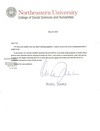
|
2017 jun 24

|
2017 jun 24
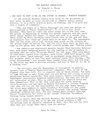
|
2017 jun 18
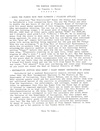
|
2017 jun 15
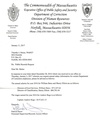
|
More... |
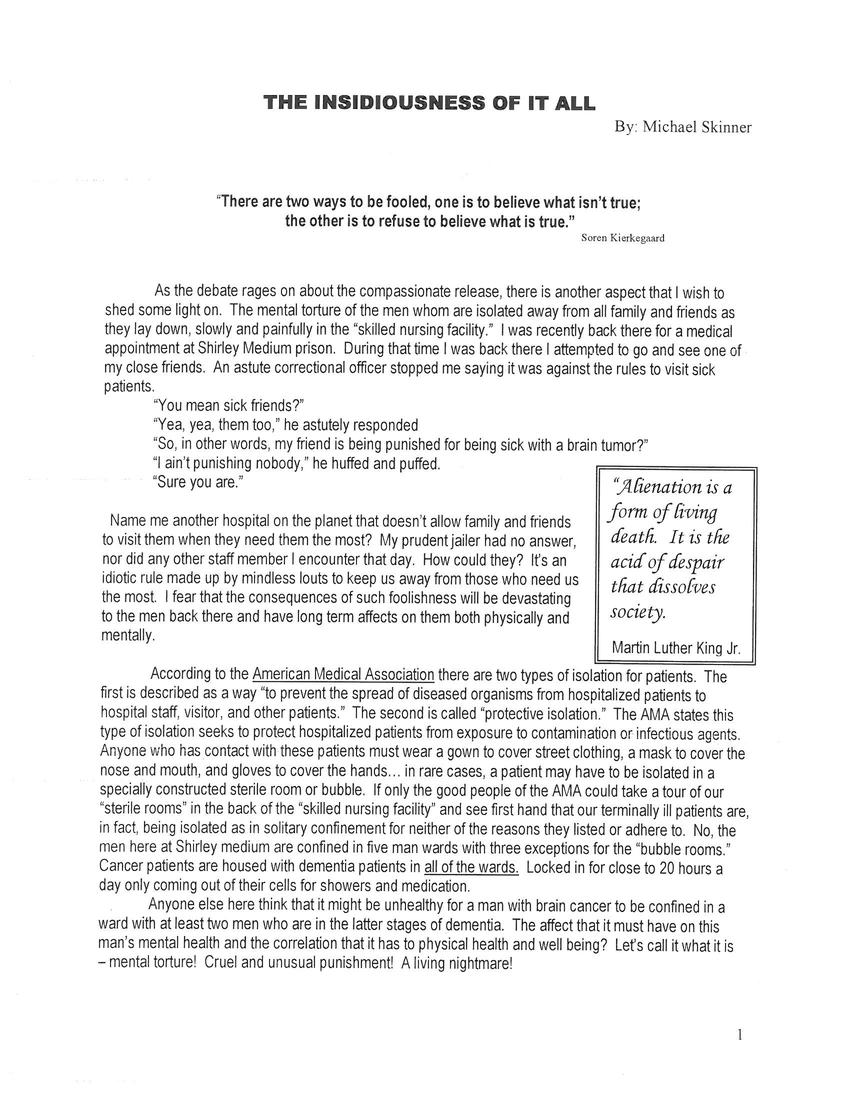
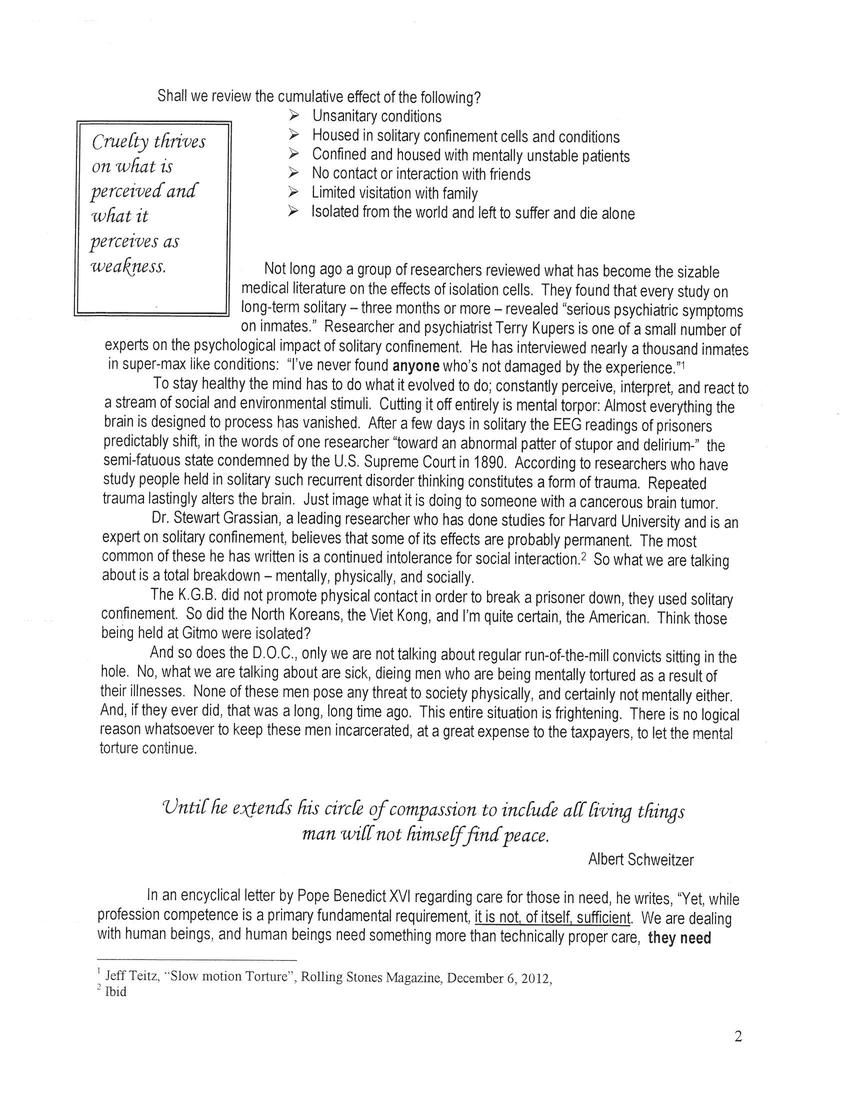
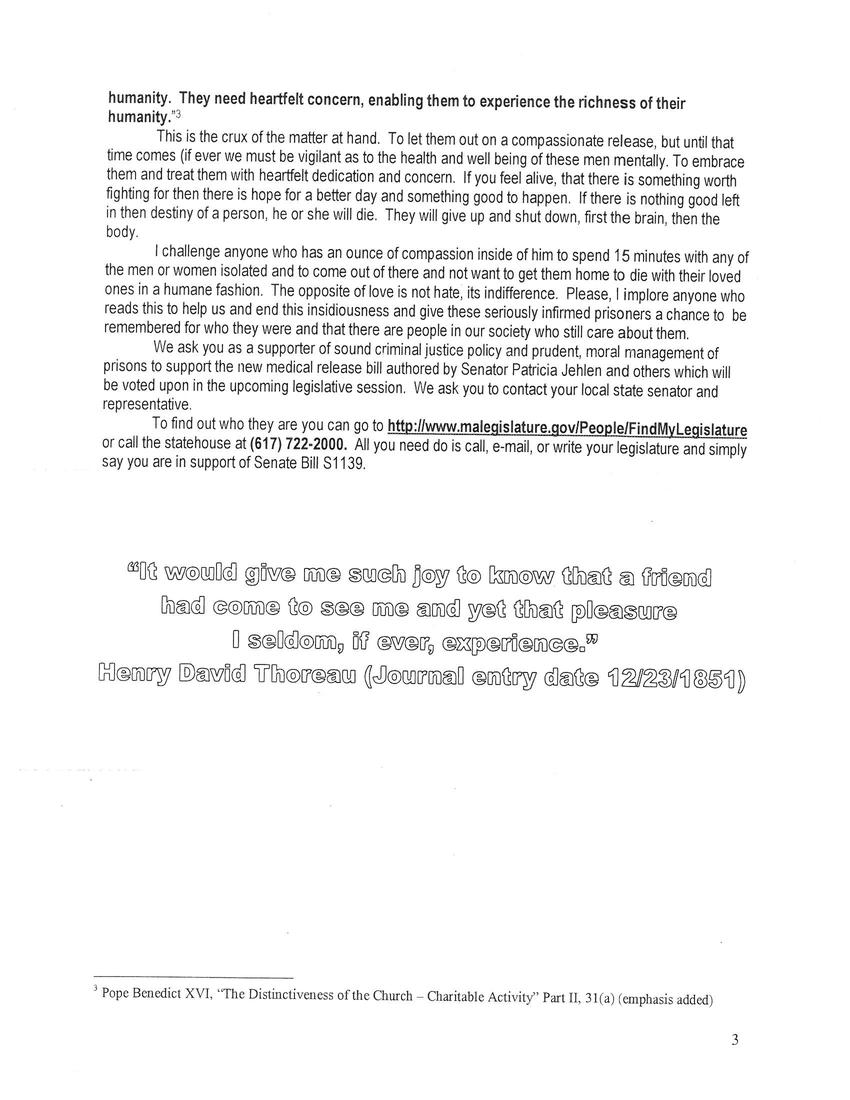

Replies